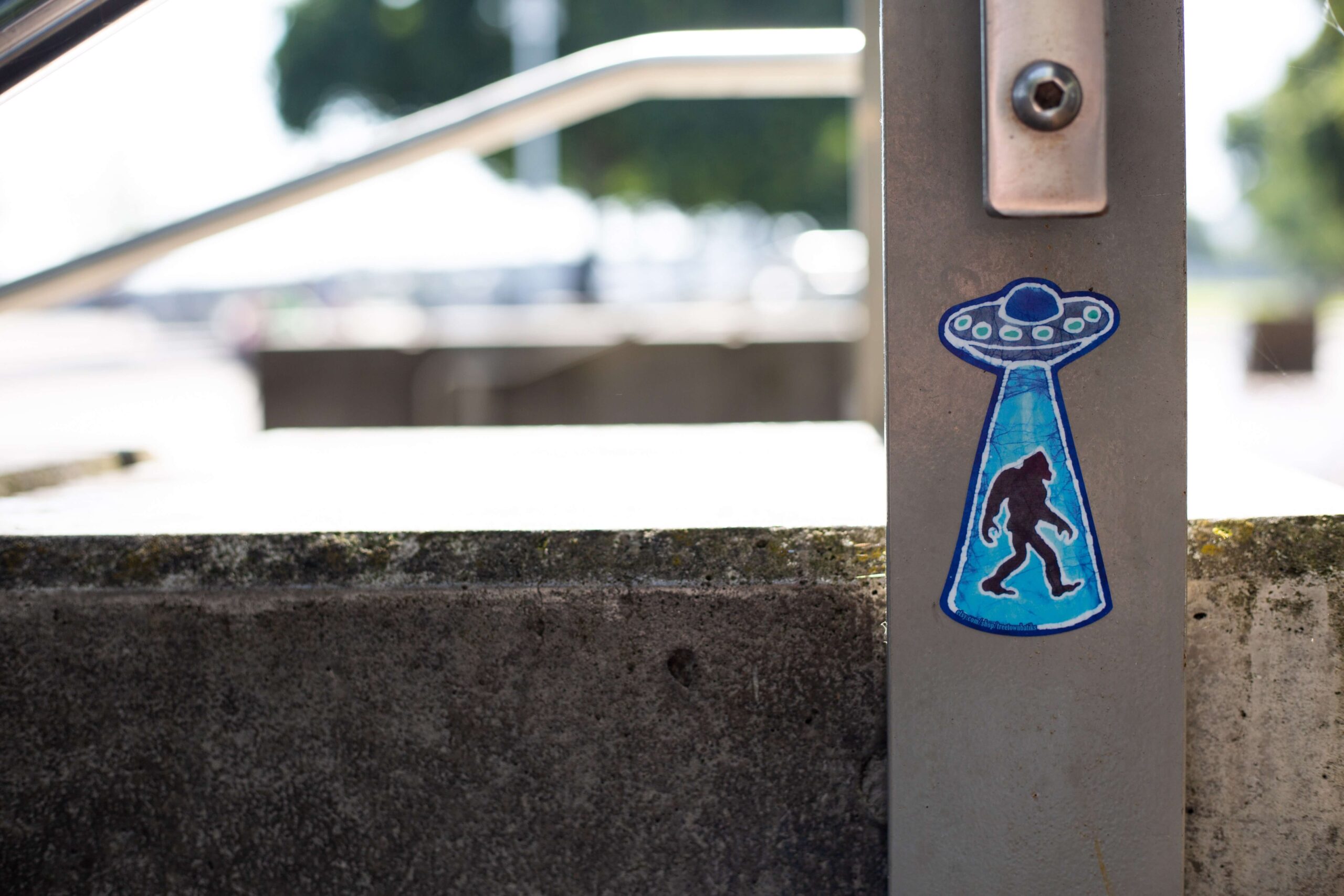Because Google is so secretive about how its algorithms actually work, there are a lot of rumors and myths in the world of SEO (search engine optimization).
Many of them have become very pervasive and continue to be propagated by SEO professionals. Typically, not on purpose. It’s just that SEO changes so fast that what worked six months ago might not work today.
It’s imperative that small businesses in Atlanta trust their websites to an SEO firm that stays up-to-date with the latest updates and adapts to algorithm changes. If you’ve noticed your rankings slipping, it might be time to contact The Kool Source for some SEO help.
In the meantime, check out 7 of the most common SEO myths and see if you’ve heard them before.
1. Duplicate Content Gets Penalized by Google
There is no direct penalty for duplicate content. Google doesn’t care if you have the same content on multiple pages, or even if you have the same content as someone else’s website (as long as it’s not viewed as an attempt to manipulate rankings). However, the owner of that website might.
But in Google’s eyes, it only cares about serving the most relevant content to its users. This can result in what looks like a penalty, but it’s really just the algorithm selecting one similar page over the other. For example, if you have multiple similar landing pages for multiple locations, there’s a chance Google will only choose to index one if the pages aren’t unique enough.
2. Domain Authority is a Ranking Factor
Domain authority is not something Google uses to rank pages. In fact, it’s not even something Google recognizes. At one time, they did give individual pages (not entire sites) a PageRank score, but that became internalized and is no longer available to the public.
Today, anything that’s called “domain authority” is from a third-party source that uses its own parameters to measure a domain’s SEO strength. These parameters are likely not the same ones Google uses to actually rank pages. There’s nothing wrong with having a high domain authority, but it’s not an indication that any one page is going to rank above another.
3. PPC (Pay-Per-Click) Helps You Rank Better
This is a conspiracy theory that’s been around for a long time. The idea is that Google rewards websites that pay them money with higher SEO rankings. It’s a persistent rumor that many claim is backed by evidence, but Google remains steadfast in its stance that there is no correlation between paying for PPC and your organic SEO rankings.
They go on to say that the systems that analyze PPC pages for quality and relevance are completely separate from the algorithm that ranks pages for organic search. However, you can use data from PPC to improve your SEO rankings and vice-versa. Both offer different data sets that can be combined to form a more complete picture.
4. Longer Content Performs Better in SEO Rankings
This one can be confusing. Because longer content does typically perform better on Google. But, not because it’s long. It’s because it answers the question being asked by the user more thoroughly. In other words, it provides a better, more relevant user experience.
But, if you can answer the same question with as much depth in half the words, this might provide a better user experience. Google doesn’t care about word count beyond actually having some content on the page. Simply adding words to hit some imaginary threshold isn’t going to help your rankings.

5. Google Automatically Finds Your Content and Ranks It
If you’re waiting for a page to produce results and it doesn’t seem to be doing anything, it could be that Google hasn’t indexed it. Google doesn’t automatically find and index something simply because you post it online. On the other hand, they might have found your content but deemed it not worth ranking for whatever reason.
That’s why accessing your Google Search Console is so important. There, you can identify which pages on your site have been indexed and which have not. You’ll also see reasons why a page wasn’t indexed and what you can do to fix it. Sometimes it’s as simple as asking Google to index it.
And sometimes, Google even has bugs.
6. Quality Content Doesn’t Matter
We’ve all been to those sites that are obviously written for a computer and to manipulate SEO rankings. It’s clunky and has a bunch of keywords thrown in at random. It makes no sense and it’s hard to discern any actual information. It’s simply there to try to rank.
Google doesn’t like that. With recent algorithm updates, the “quality” of the content on the page is more important than how many keywords you can stuff on it. If your website has pages like that, it’s time to fix them before Google suppresses your page for trying to manipulate SEO rankings.
7. SEO Only Needs to Be Done Once
When building a site, SEO is crucial to its overall performance. It needs to be done correctly to set a framework for success, including proper SEO titles, meta descriptions, accessibility, and HTML/CSS coding. It also needs to load quickly and provide a great user experience.
But that’s only the beginning. Things change and your website needs to keep up. Maybe new competition has come onto the scene, or you’ve learned more about what works best for SEO on your site and need to update your pages. Either way, SEO is an ongoing process, and sitting still is the fastest way to move down in rankings.
Experienced SEO Company in Atlanta

As a small business in Atlanta, you need solid SEO that helps you rank on the first page. But, it’s not always easy. There’s the algorithm itself to contend with, plus there’s likely plenty of competition out there.
That’s why you need an experienced SEO company to give you a competitive edge. The Kool Source has been a trusted SEO agency in Atlanta for over a decade. We combine tried-and-true fundamentals with the latest best practices so you can start seeing your business move up in rankings.
Want to improve your SEO? Let’s get in touch.
- How to Use AI to Market Your Small Business in Atlanta - October 9, 2025
- Generative Engine Optimization (GEO) and Why Your Local Blog is Your Secret Weapon - September 11, 2025
- Chunking and the Rise of SEO for Artificial Intelligence - August 11, 2025


0 Comments